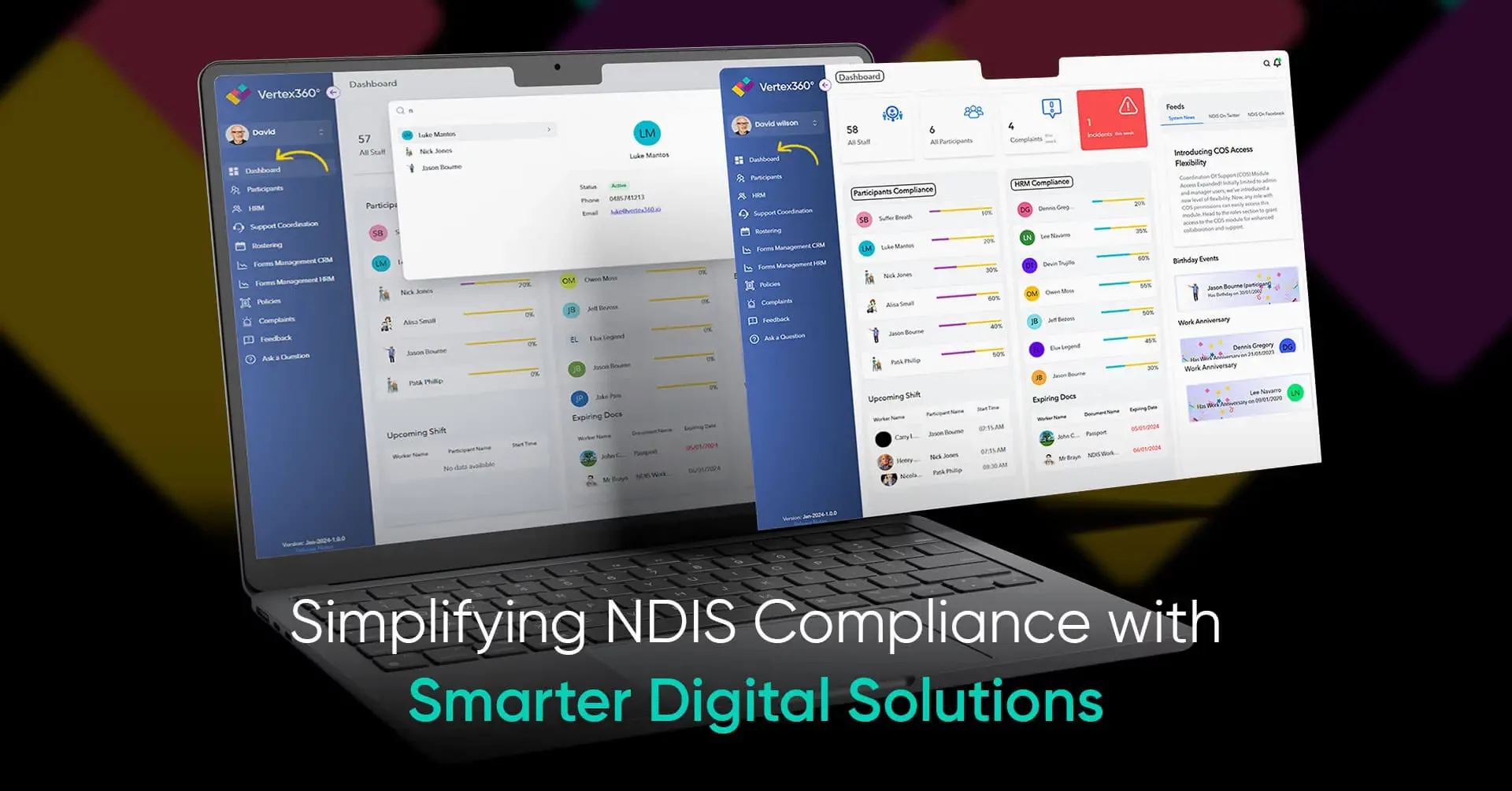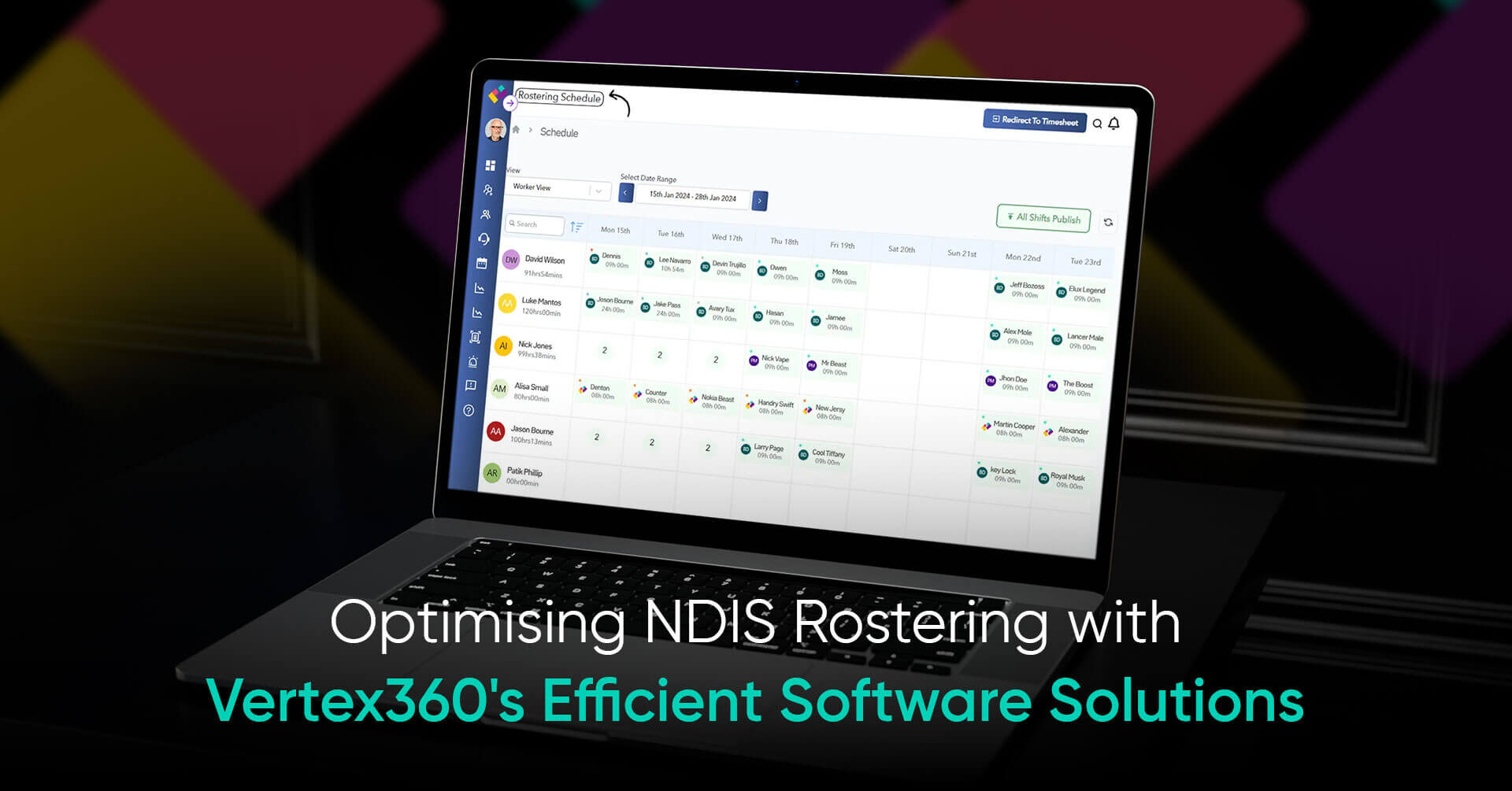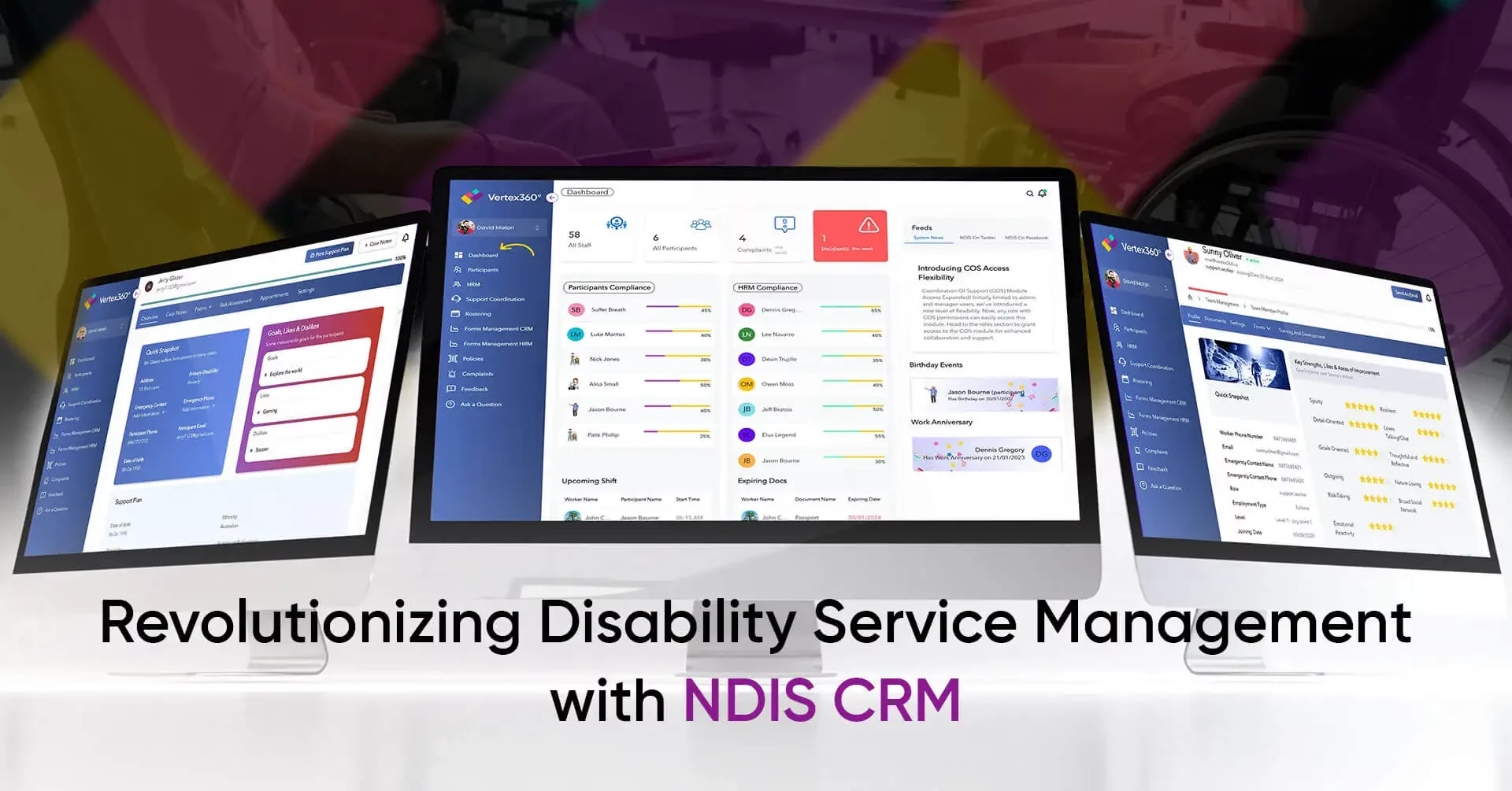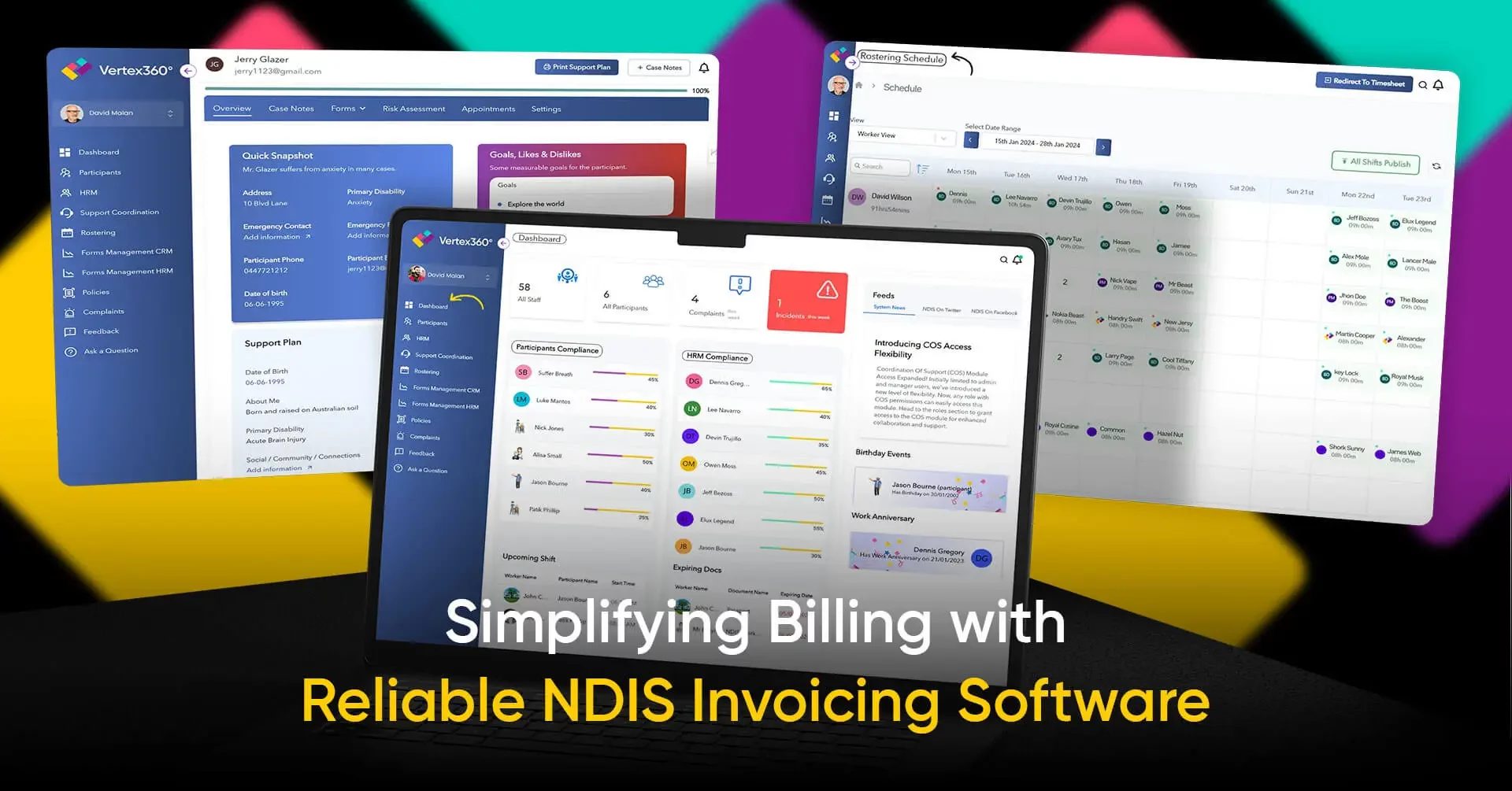Non-compliance with NDIS regulations can have far-reaching consequences for providers, affecting their operations, reputation, and ability to serve NDIS participants effectively. Understanding these potential consequences and implementing strategies for mitigation is essential for maintaining compliance and ensuring the delivery of high-quality services. To effectively tackle compliance challenges in the NDIS sector, organizations are increasingly turning to NDIS software solutions. Implementing NDIS software streamlines processes, centralizes data management, and automates compliance tracking, empowering providers to mitigate risks and ensure adherence to NDIS regulations with ease. Let’s delve deeper into the ramifications of non-compliance and explore effective mitigation strategies.
Consequences of Non-Compliance
- Financial Penalties: Breaching NDIS regulations may result in fines and penalties, imposing significant financial burdens on providers.
- Reputation Damage: Non-compliance tarnishes a provider’s reputation, eroding trust among participants and the wider community.
- Funding Repercussions: Suspension or revocation of NDIS funding threatens the provider’s financial stability and service provision capacity.
- Legal Actions: Legal proceedings, including lawsuits and regulatory actions, may ensue due to non-compliance, exposing providers to legal risks.
- Operational Disruptions: Non-compliance necessitates operational changes, disrupting workflows, policies, and staff training.
- Audit and Monitoring: Increased scrutiny through audits and monitoring adds administrative burdens, diverting resources from service delivery.
- Loss of Registration: Severe breaches may lead to deregistration, preventing providers from offering NDIS-funded services.
Mitigation Strategies
- Regular Training: Conduct ongoing training sessions to keep staff abreast of compliance requirements and best practices.
- Compliance Audits: Regularly audit internal processes to identify and rectify compliance gaps before they escalate.
- Engage Consultants: Seek guidance from NDIS compliance consultants to navigate complex regulations and improve compliance practices.
- Implement Robust Policies: Develop and enforce robust policies and procedures aligned with NDIS standards to ensure compliance.
- Effective Incident Management: Establish a robust incident management system to promptly address and report incidents as per NDIS regulations.
- Stay Informed: Stay updated on changes in NDIS regulations through subscriptions and participation in relevant workshops and seminars.
- Participant Feedback: Actively seek feedback from participants to gauge service quality and compliance with NDIS guidelines.
- Documentation and Record Keeping: Maintain meticulous records of services, training, and incident reports to demonstrate compliance during audits.
Vertex360: Streamlining Compliance and Mitigation Efforts
Vertex360, our NDIS software, plays a pivotal role in helping providers navigate compliance challenges and implement effective mitigation strategies. With features designed to streamline compliance management, such as automated documentation, real-time monitoring, and incident reporting, Vertex360 empowers providers to mitigate compliance risks proactively. By leveraging Vertex360’s robust platform, providers can optimize their compliance efforts, minimize non-compliance risks, and uphold service quality standards for NDIS participants.
In conclusion, understanding the consequences of non-compliance with NDIS regulations and implementing effective mitigation strategies are crucial steps for providers to safeguard their operations and reputation. With Vertex360 as a trusted ally, providers can navigate compliance challenges with confidence, ensuring the delivery of high-quality services to NDIS participants while maintaining regulatory compliance.





